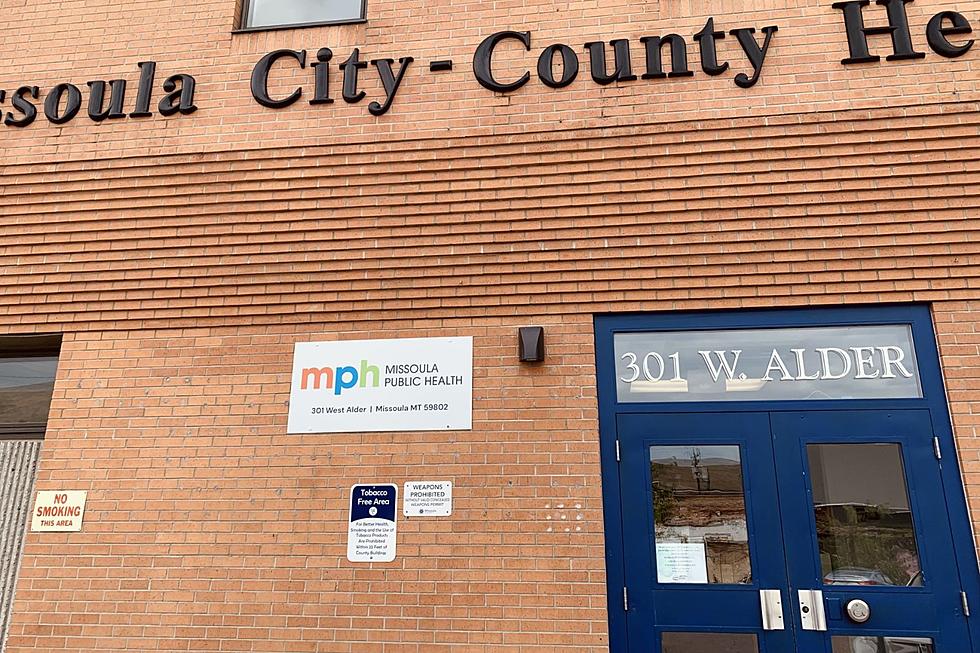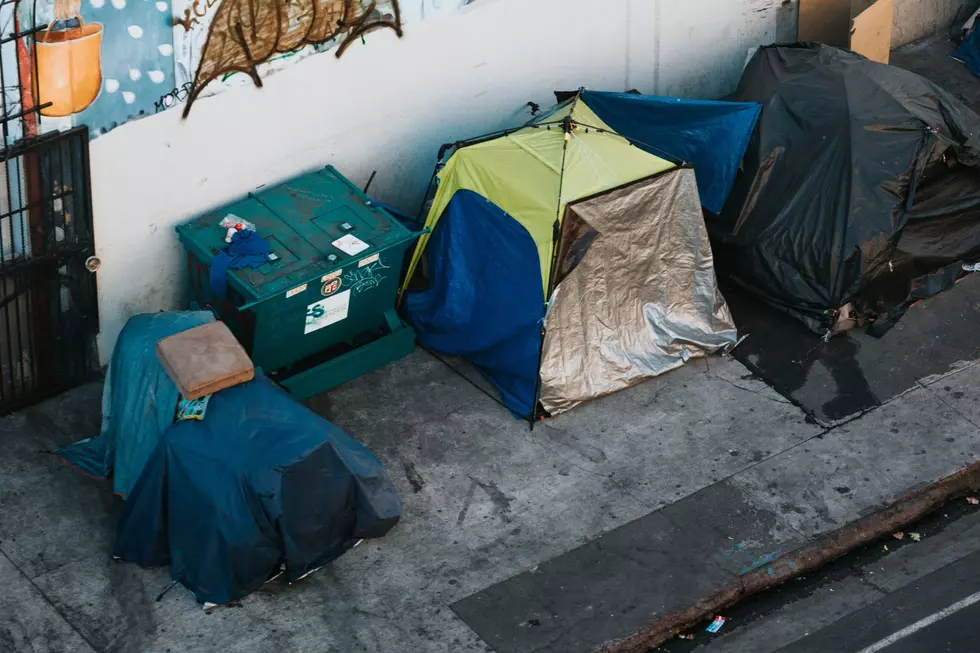
Overdose Deaths in Missoula Increased 77% in 2019-2020
Missoula experienced a 77 percent increase in drug overdose deaths from 2019 to 2020.
To address this issue, the Missoula City County Health Department is being mentored by Public Health-Seattle and King County in Washington State in a program sponsored by the National Association of County and City Health Departments for overdose prevention.
KGVO spoke to Leah Fitch-Brody, Substance Use Prevention Coordinator at the Missoula City County Health Department about the report on Friday.

Fitch-Brody said there have always been drug overdoses in Missoula, but the last two years has seen a huge increase.
“We've had overdose in our community, but we've seen a huge spike in Missoula County from 2019 to 2020,” said Fitch-Brody. “We had a 77 percent increase in overdose fatalities, and so it's hitting Missoula County hard and hitting Montana hard. Across the U.S. there has been a spike in overdoses and it's the highest it's been in the last 30 years, so over 100,000 people died of overdose from 2020 to 2021, and it is the leading killer of people under the age of 55, overdoses.”
Fitch-Brody said that the opiod Fentanyl has been the major culprit in the spike of overdose deaths in Missoula and the entire state.
“It's really starting to impact us here a little bit later than maybe some other states in the US,” she said. “Part of that is being driven by the increase in availability of fentanyl, which is basically an opioid which is 100 times more potent than morphine and it is being added to various drugs. So that can be added to meth, it can be added to cocaine, MDMA, and even in Missoula they've had a couple of cases where it's been added to illegally gotten marijuana.”
Fitch-Brody said the most effective tool in treating an overdose patient is actually available to anyone.
“One of the things that we're trying to do in our community and that we had been trying to do but before we got the grant, was really to raise awareness about what to do, how to prevent an overdose and how to respond to one,” she said. “One of the tools that we have is Naloxone or Narcan, which is basically a medication that can outcompete the opioid in your system and can reverse an overdose.”
Fitch-Brody said a relatively new program has been established in the state to help address the problem of drug overdose.
“We have a new program in our state, and it’s called the Opioid Rapid Response System,” she said. “It consists of teams in which one person who is in law enforcement and another person who's in public health, and they're really trying to help us gather the data that we need so we can have those alerts happen so that our community can know. So it's really important for not only our law enforcement, but also EMS, our hospitals, all of us to be in good communication with each other so that we know what's happening and we can alert the community and address it head on.”
The mentorship program focuses on five key strategy areas: using and communicating date equitably, community engagement, communications, policy advocacy and organizational equity.
Get to Know Missoula A to Z
LOOKING BACK: Photos of Missoula and How It's Changed
28 Missoula Businesses That Opened, Changed Ownership, or Changed Location
More From Newstalk KGVO 1290 AM & 98.3 FM









